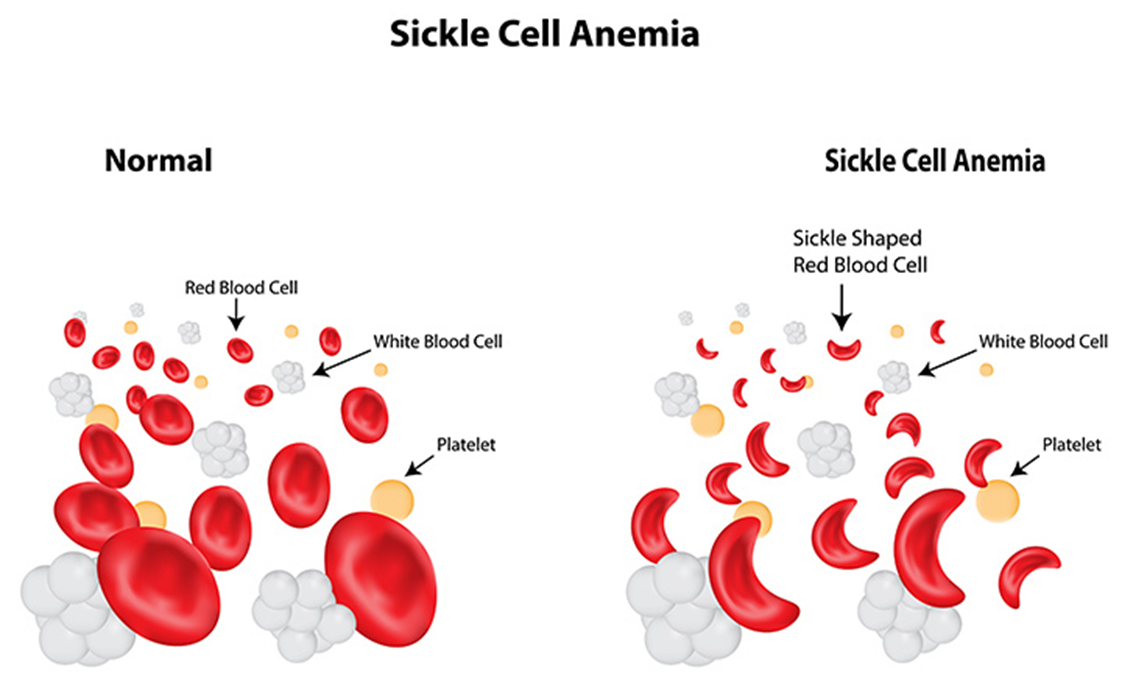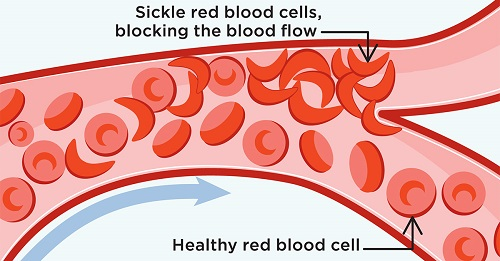- Courses
- GS Full Course 1 Year
- GS Full Course 2 Year
- GS Full Course 3 Year
- GS Full Course Till Selection
- Answer Alpha: Mains 2025 Mentorship
- MEP (Mains Enrichment Programme) Data, Facts
- Essay Target – 150+ Marks
- Online Program
- GS Recorded Course
- Polity
- Geography
- Economy
- Ancient, Medieval and Art & Culture AMAC
- Modern India, Post Independence & World History
- Environment
- Governance
- Science & Technology
- International Relations and Internal Security
- Disaster Management
- Ethics
- NCERT Current Affairs
- Indian Society and Social Issue
- NCERT- Science and Technology
- NCERT - Geography
- NCERT - Ancient History
- NCERT- World History
- NCERT Modern History
- CSAT
- 5 LAYERED ARJUNA Mentorship
- Public Administration Optional
- ABOUT US
- OUR TOPPERS
- TEST SERIES
- FREE STUDY MATERIAL
- VIDEOS
- CONTACT US
Sickle Cell Disease (SCD)
Sickle Cell Disease (SCD)
13-05-2024

A 12-year-old boy from the United States recently became the first person in the world with sickle cell disease to undergo commercially approved gene therapy, which has the potential to cure the condition.
- UK recently became the first country to approve gene therapy treatment for SCD.
About Sickle Cell Disease (SCD):

- Sickle cell disease (SCD) is an inherited blood disorder that affects the shape and function of red blood cells.
- Normally, red blood cells are round and flexible, which allows them to move easily through blood vessels.
- In SCD, a genetic mutation causes haemoglobin (the oxygen-carrying protein) inside red blood cells to become abnormal.
- This abnormality causes red blood cells to become hard, sticky, and C-shaped (like a sickle).
These sickle-shaped cells:
- Die early: This leads to a shortage of red blood cells (anaemia), which can cause fatigue, shortness of breath, and pale skin.
- Block blood flow: This can cause pain crises (episodes of severe pain), organ damage, and other serious complications.
Symptoms of SCD can vary in severity and include:
- Anaemia (fatigue, shortness of breath, pale skin)
- Pain crises (episodes of severe pain)
- Swelling in hands and feet
- Frequent infections
- Delayed growth or puberty
- Vision problems
Who is affected:
- SCD affects millions of people worldwide.
- It is most common in people of African descent, but also occurs in people from Hispanic, South Asian, Southern European, and Middle Eastern backgrounds.
Diagnosis and treatment:
- SCD is diagnosed with a simple blood test.
- While there is no universal cure (except for bone marrow transplants in some cases), treatments focus on managing symptoms, preventing complications, and improving quality of life.
- Treatments may include medications, blood transfusions, and other therapies.
Must Check: Best IAS Coaching In Delhi



